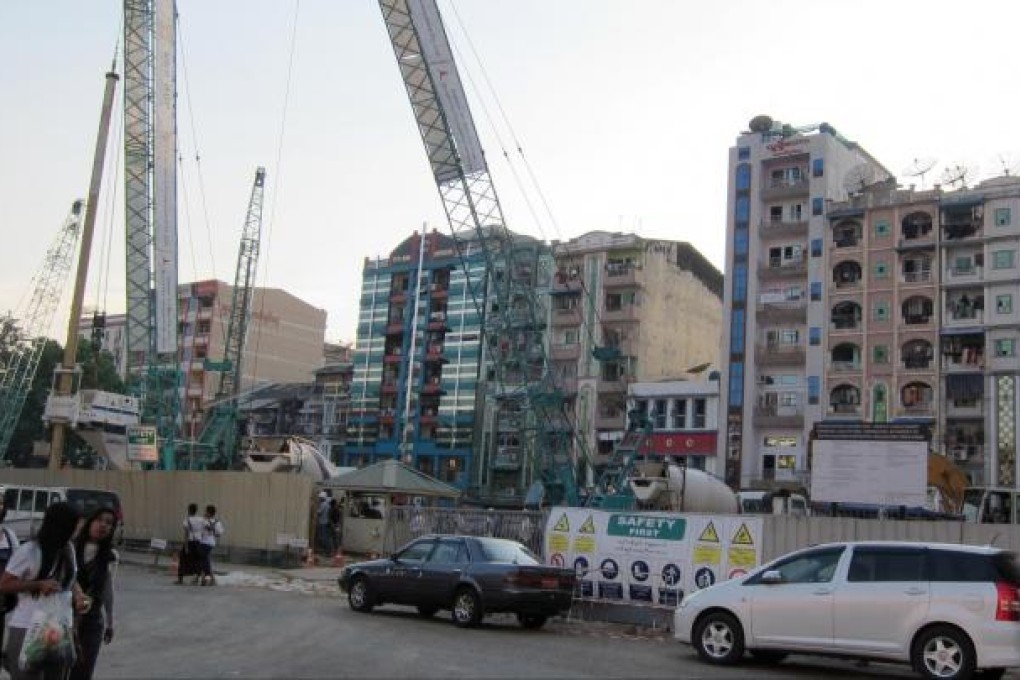Myanmar becomes a land of opportunity with political reform
Political reform offers the chance of big profits in the former pariah state. The first of a three-part series looks at the flood of investment into Yangon

"I waited for four years to get a mobile phone and now I can't live without it," says a thrilled taxi driver in Yangon, Myanmar.

In a country where the GDP per capita is just US$1,100, that's a small fortune for many. President Thein Sein has pledged to bring down the price of SIM cards, with US$20 being mooted.
But compared with four years ago, the mobile service is already much more affordable. SIM cards in Myanmar used to cost a mind-boggling US$4,000 - effectively limiting mobile phones to the rich and privileged.
A SIM card is not the only thing in the realm of fantasy. Even investors who have seen the prices of property in Hong Kong soar in recent years could be forgiven for casting an envious eye at returns in Myanmar. The property market there has been inflated not only by local cash and hot money from mainland China but also speculators from Japan, Taiwan, Malaysia and Singapore.
Property prices are so out of reach in Yangon that an average citizen would need to work more than 100 years to afford a house in the former capital.
